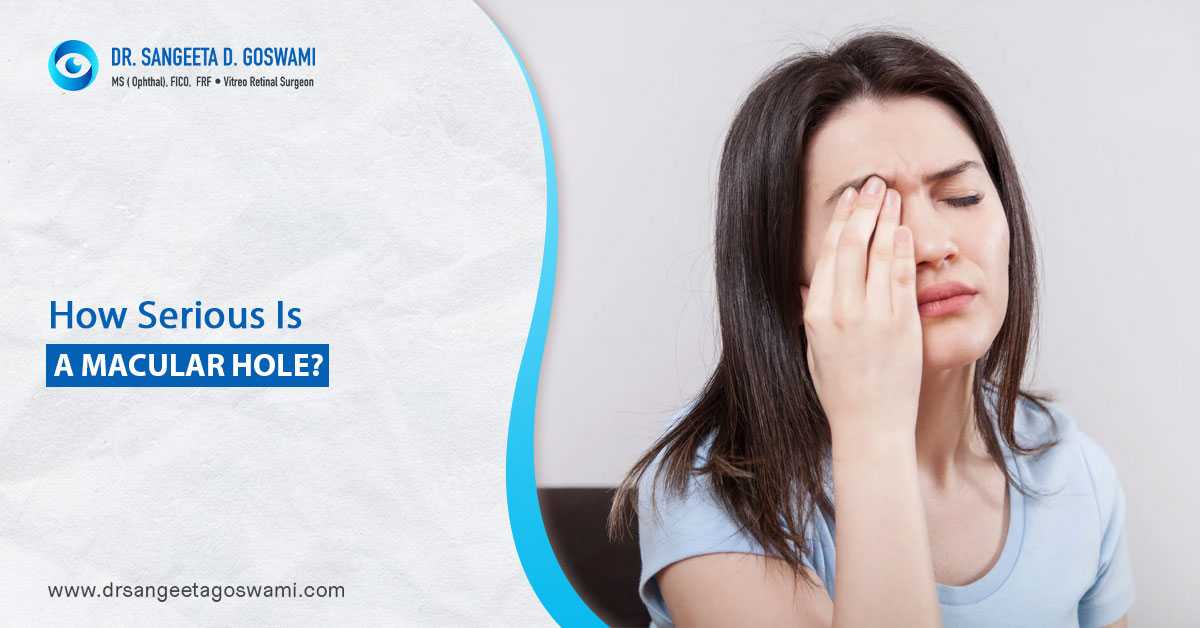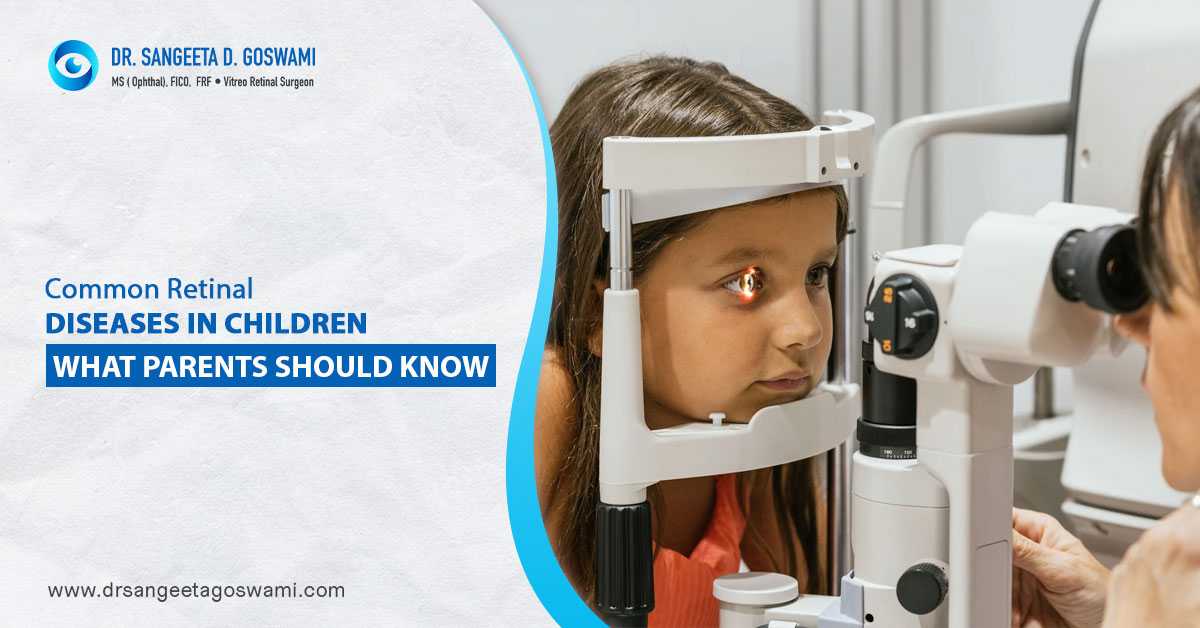Retinal detachment is a serious eye condition, often an emergency. When the retina, a thin layer of tissue at the back of the eye, detaches from its normal position, it leads to the sudden appearance of several floaters and blurry vision. An immediate visit to an eye specialist can save your vision from damage.
For retinal detachment surgery, you can consult the best retina surgeon in Siliguri. Prompt medical care is a must here. The chance of irreversible vision loss in the damaged eye increases if retinal detachment remains untreated for a longer time.
Retinal Detachment – Signs and Symptoms
Though retinal detachment is a painless condition, it can lead to blindness. Here are the most common symptoms of retinal detachment you should never ignore:
- Suddenly seeing lots of floaters across your vision
- Blurry vision
- Seeing flashes of lights
- Darkening of the side/ peripheral vision
- Shadow or "curtain" descending from the top or side of your vision
- Gradual loss of side vision
If you notice any of these symptoms of these symptoms, contact your retina specialist or ophthalmologist for in-depth diagnosis and medical care.
Three main forms of retinal detachment are:-
Rhegmatogenous Retinal Detachment:- This is the most common type in which a tear or hole develops in the retina that lets fluid pass from the eye to seep underneath. It causes the retina to separate from the eye’s inner wall, leading to vision loss.
Tractional Retinal Detachment: Often seen in diabetic patients, this type of detached retina results from scar tissue on the retina’s surface pulling the retina away from the back of the eye.
Exudative Retinal Detachment:- In this case, fluid accumulates beneath the retina without any tears or holes, causing retinal detachment. These retinal detachments are often associated with age-related macular degeneration, tumors, eye injury, and inflammatory disorders. Reach out to your retina surgeon in Siliguri for an expert diagnosis.
Knowing the Cause of Retinal Detachment
The possible causes or risk factors for retinal detachment may include:
- Aging
- High Myopia or nearsightedness
- Eye Injury or trauma
- Previous eye surgery
- Family history or genetics
- Diabetic retinopathy
- Having a past retinal detachment
- Having an inherited eye disorder
- Posterior vitreous detachment
- Past retinal tears or detachments in the other eye
- Retinal thinning
If you’re at high risk for retinal detachment, talk to your retina specialist for preventive steps or care. Your retina specialist may conduct an eye exam to inspect your eyes and use other diagnostic processes.
Experiencing a detached retina needs fast eye treatment to prevent irreversible loss of vision. Permanent blindness might happen if the condition remains undiagnosed or untreated for a few days.
Treatment Options for Retinal Detachment Explained
The goal of retinal detachment treatment is to benefit your vision and prevent loss of vision. Here options are:
- Laser surgery in which laser beams are used into your retina to seal retinal tears or holes.
- Pneumatic Retinopexy is when your retina surgeon injects a gas bubble into the eye to press against the detached retina to treat the condition.
- Freezing or cryopexy done by your retina surgeon uses a freezing probe to create a scar to heal the retina to the eye wall.
- Vitrectomy is an invasive retina surgery in which the vitreous gel pulling on the retina is removed during surgery and replaced with a silicone oil solution or a gas bubble.
- Pneumatic retinopexy allows your eye surgeon to inject a bubble of air or gas into the center part of the eye/ the vitreous cavity to treat retinal detachment. Receive effective retinal detachment surgery in Siliguri from a reputed eye surgeon.
Visiting an eye doctor without delay is advisable for retinal detachment. If you notice unusual vision-related symptoms, consult your retina specialist in Siliguri or at your nearest location immediately. You can make an appointment with Dr. Sangeeta D Goswami for comprehensive eye check-ups and accurate eye treatment in Siliguri.






